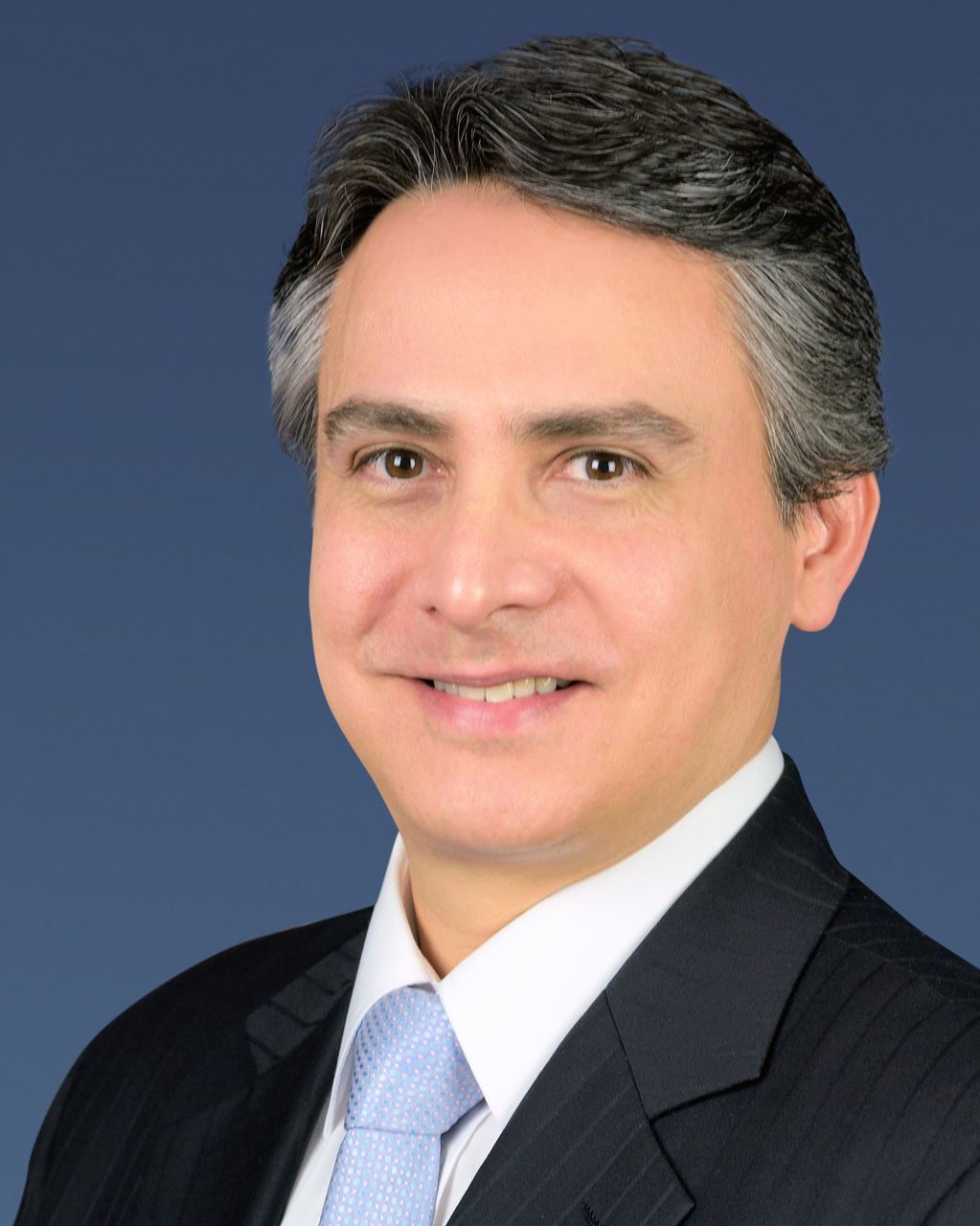 Please note your affiliation and years of experience in the energy and/or environmental field.
Please note your affiliation and years of experience in the energy and/or environmental field.
I am the Director of Cargo and Commercial Sealift at the U.S. Department of Transportation’s Maritime Administration, an agency that fosters, promotes, and develops the American maritime industry. My roles in the energy and environmental field date back to my service on President Obama’s National Commission on the Deepwater Horizon Oil Spill and Offshore Drilling, and as an environmental protection officer within the U.S. Navy nearly 15 years ago.
Any particular achievement/interest in energy/environment you would like to mention?
While we are taught in grade school that 70% of the Earth is covered by water, many forget just how vital oceans are to our way of life as a rich source of critical resources—ranging from food, energy, minerals—as medium for international commerce, telecommunications, and even a geopolitical influencer. Yet, they continue to endure the effects of coral reef degradation, IUU fishing, marine debris, potentially polluting shipwrecks, and more. From a maritime commerce perspective, 90% of global trade is conveyed on the oceans by some 51,000 marine vessels, most of which use the dirtiest fuel left over from the refinery process, and thus, are responsible for a proportion of the global climate change problem. If global shipping were a country, it would be the sixth largest producer of greenhouse gas emissions.
Given the ever-growing wave of international environmental constraints on greenhouse gas emissions, I developed the first-ever Green Port Technologies Reverse Trade Mission, involving over 40 technology firms, seaports, government agencies, NGOs, and foreign officials. The aim of the project was to showcase American cutting-edge technologies that reduce or eliminate air pollution at seaports while simultaneously increasing efficiency, safety, and reducing costs. As a result, the project supported the National Export Initiative while assisting developing nations meet their emissions targets and reducing the impacts of pollution on surrounding port communities.
In your opinion, what are important issues facing the energy industry nowadays?
When disruptions to our economy strike, whether from hurricanes, a pandemic, or a cyberattack on a major pipeline network, one of the most important issues is having reliable access to a sufficient pool of tankers and barges ready to move petroleum products to areas of the country most in need. As the nation mobilizes to address fuel shortages and mitigate the impacts of such emergencies, there is often a gap in industry knowledge regarding where such vessels are located, their carrying capacity, and the speed to which they can load and discharge product. The good news is that with greater industry-government coordination, the capacity and availability of American tankers and barges can be fully utilized, and especially in accordance with the coastwise trade laws, sometimes referred to as the “Jones Act.”
How long have you been a member of NCAC? Any particular NCAC memory you would like to share with us?
I have been a member of NCAC since arriving to DC in 2010. What I really enjoy about the NCAC is the ability to meet experts in their field, participating in VIP speaking events, the opportunity to mentor others, and discussing some of the interesting, vast, and strange world of international shipping.
Were it not for joining NCAC, I would not have met some of the most intelligent, passionate energy experts, such as Amy Jaffe, Basil Karatzas, Michael Ratner, among many others, and especially our very own and beloved Pat McMurray.